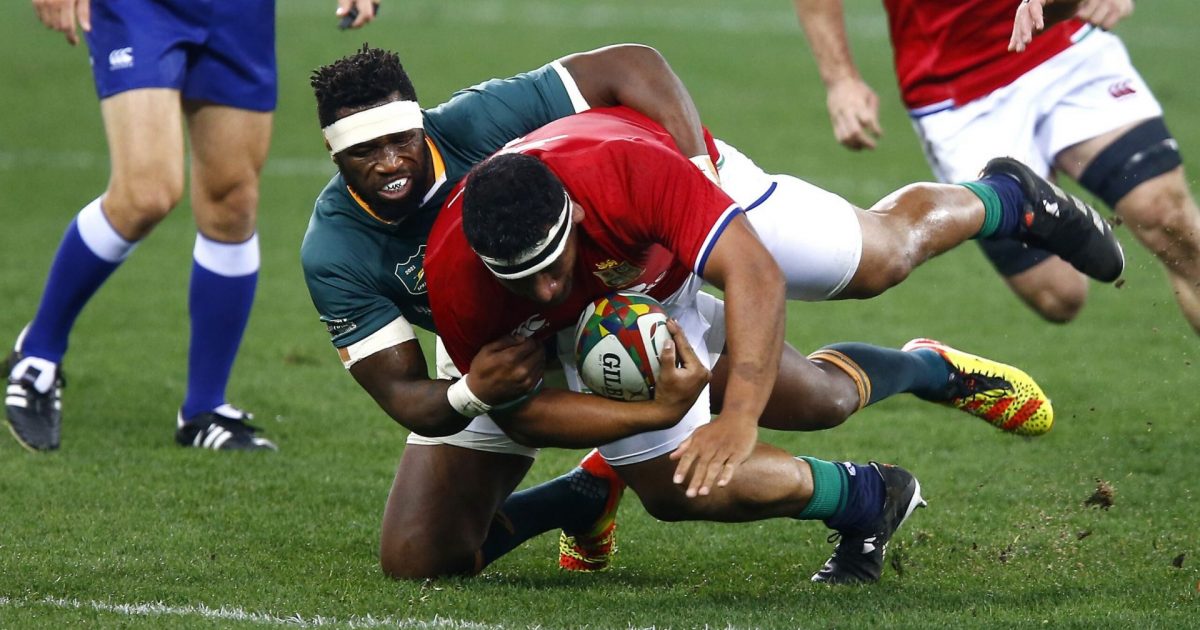Springboks players had major role in planning Lions downfall

Jacques Nienaber has paid tribute to the imagination of his South Africa players in turning the British and Irish Lions series on its head.
Head coach Nienaber took responsibility for the Springboks’ 22-17 first Test defeat to the Lions, admitting he had hung number eight Kwagga Smith “out to dry”.
The Springboks recalibrated their high-ball defence to fine effect, dominated the set-piece and smashed the Lions 27-9 to win the second Test in some style on Saturday.
And Boks boss Nienaber revealed his players were central to the analytical alterations ahead of the second encounter.
“I think we’re fortunate as coaches working with this group,” said Nienaber. “Everybody is currently coming into these milestone games, like 50th caps.
“It’s unbelievable to have players like that with that amount of experience.
“For example last week we lost the kicking game in the second half.
“And the plans the players came up with to rectify it this week was unbelievable.
“And the creativity in handling that, I can just take my hat off.
“At one stage in the meeting I was thinking if we get a win bonus I should actually give it to them.
“They are creative. I feel more of a facilitator than a coach, because they come up with great ideas and it’s nice to work with a group like that.”
Makazole Mapimpi and Lukhanyo Am grabbed fine tries as the Springboks won the second half 21-0 in Cape Town, stunning Warren Gatland’s Lions and squaring the series at one victory apiece.
Now the whole Test endeavour will boil down to Saturday’s final encounter, with Nienaber paying tribute to his players for shaking off the effects of a major Covid-19 outbreak to force their way back into the series.
“If you think about it we got as a group together on June 26, that’s when we got together,” said Nienaber.
“From then June 26, we’ve only had two full weeks of training.
“Are we at our best yet? No, we’re not. We are building towards that.
“The more continuity we can get, the more we can work on our systems.
“There’s still a lot we can improve on.”

























































